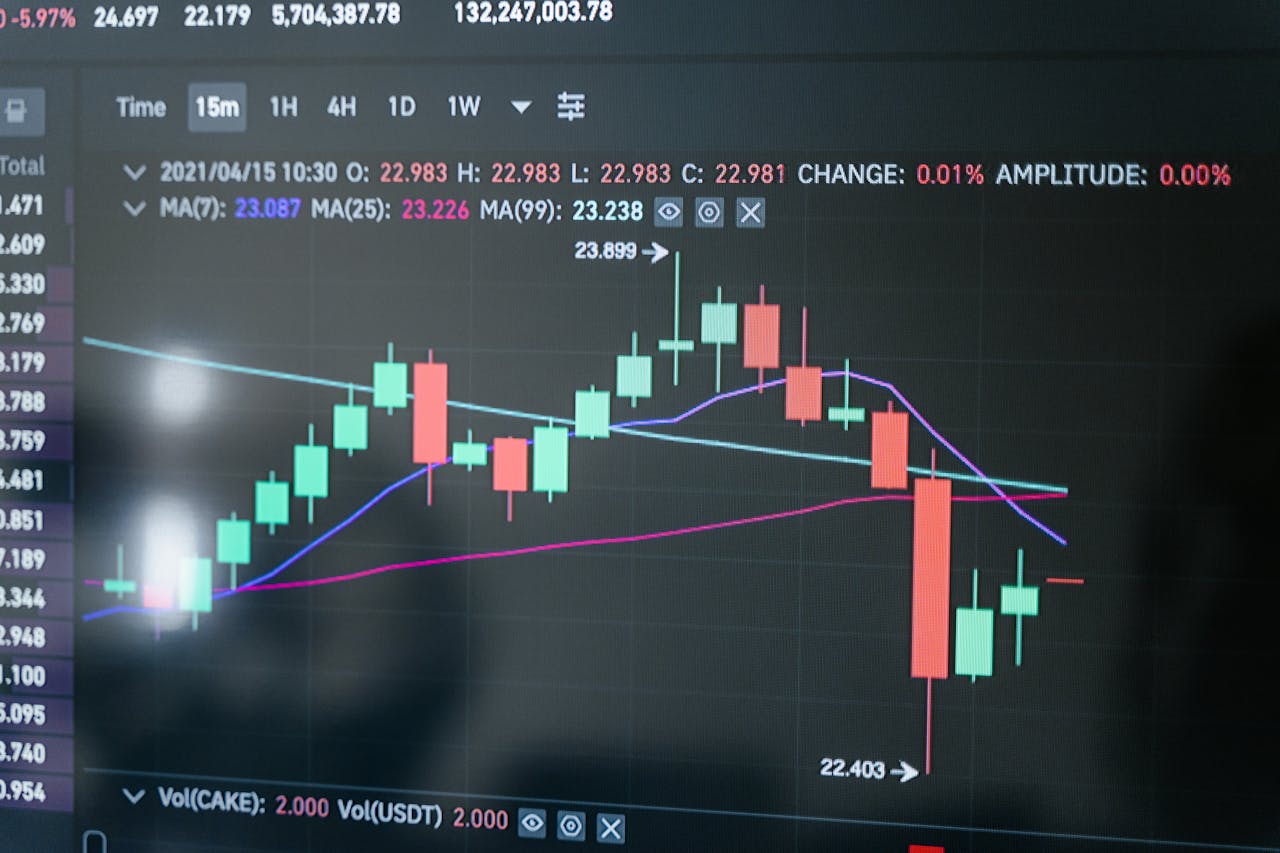As the cryptocurrency market expands its capitalization, the variety and intricacy of assets follow suit.
With this growth, propelled by technological advancements and innovations, the number of lost or inaccessible assets also rises. It's estimated that hundreds of billions of dollars in digital currency remain in limbo due to forgotten passwords, hardware malfunctions, and the unfortunate demise of asset owners.
Unveiling the Crypto Conundrum
Research reveals a concerning trend: approximately six million of Bitcoin's total supply of 21 million is unaccounted for. Another report indicates that 29 percent of Bitcoin has remained dormant over the last five years.
While some of these dormant assets belong to long-term investors or individuals who haven't accessed their holdings in a while, it's irrefutable that some of these Bitcoins are either lost or inaccessible due to forgotten passwords.
Thankfully, the outlook isn't entirely bleak.
Innovative Methods for Asset Recovery
Continuous advancements in methods and technologies offer hope for recovering lost, forgotten, or inaccessible digital assets. Irrespective of a user's balance, crypto wallet recovery services come to the rescue, assisting in retrieving lost Bitcoin or Ethereum from both software and hardware wallets.
This article sheds light on the sophisticated solutions employed by crypto recovery firms to retrieve lost assets, emphasizing their technical prowess, legal expertise, and customer-centric approaches.
Advancements in AI Techniques
At the core of crypto recovery efforts lie cutting-edge technical solutions crafted to address many challenges, from forgotten passwords to compromised storage devices.
Artificial Intelligence (AI) models spearhead the transformation of crypto recovery strategies. Leveraging machine learning capabilities, these models sift through vast datasets, identifying patterns and predicting the most probable passwords and encryption keys. AI-powered techniques uncover previously undetected patterns crucial for recovering lost passwords.
According to Crypto Slate, a notable AI model, PASS-GPT, a derivative of OpenAI's GPT-2, boasts a 20% increase in password-guessing capacity compared to its counterparts. Employing progressive sampling, PASS-GPT generates intricate passwords, assessing their strengths and weaknesses. Its potential utility in crypto recovery endeavors is evident.
Integration of Advanced Hardware
The synergy between AI models like PASS-GPT, advancements in computing hardware, and innovative algorithms, alongside techniques like side-channel attacks, significantly augments the capabilities of crypto recovery services.
According to Bnn Breaking, these technological strides instill fresh optimism for recovering lost assets, demonstrating the potential to surmount even the most formidable challenges.
As the digital asset sector evolves, staying abreast of the latest recovery technologies and adhering to best practices is paramount. Users must exercise prudence in selecting recovery services and prioritizing security and ethical considerations.
Photo: Microsoft Bing



























Comment 0